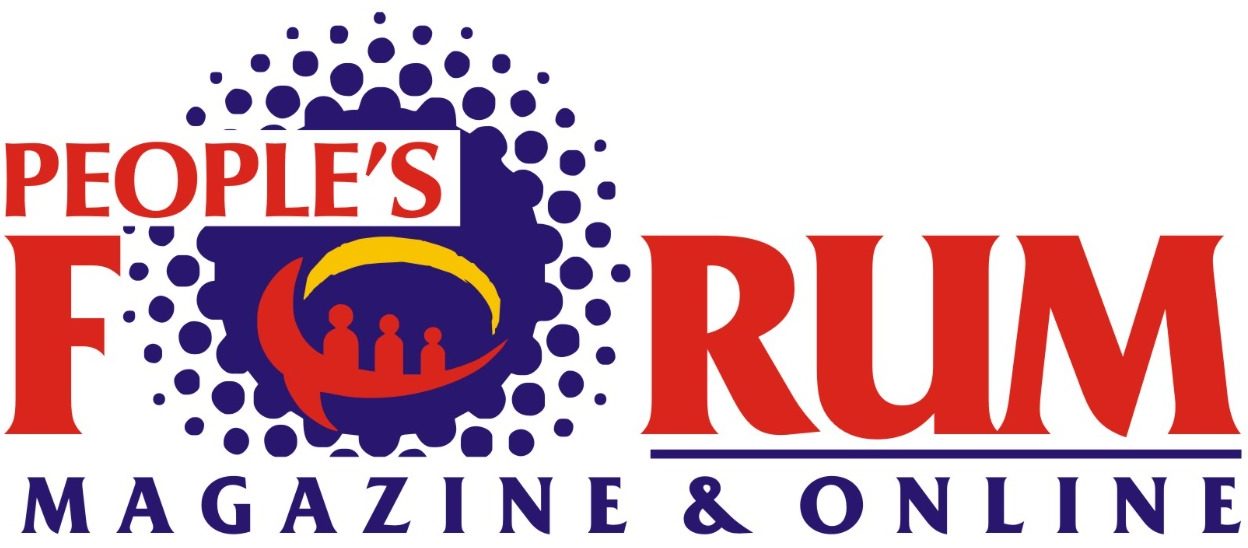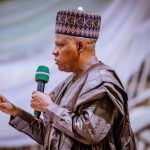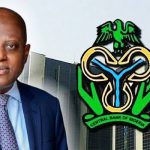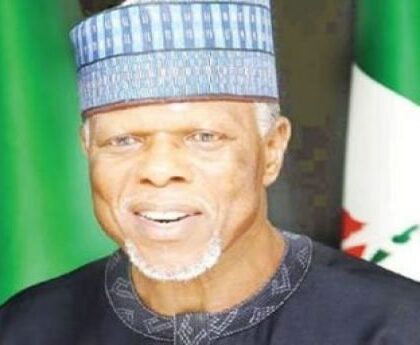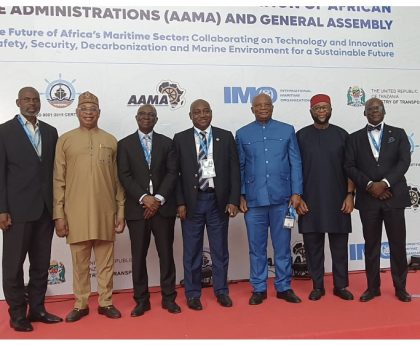In a landmark address at the League of Maritime Editors (LOME) seminar held at Rock View Hotel, Apapa, maritime expert and reform advocate FWDR Dr. Eugene I. Nweke declared Nigeria’s recent ascension to the Chairmanship of the World Customs Organization (WCO) Council as a “lever for transformation” rather than a mere accolade.
Speaking before an audience of industry leaders, customs officials, and journalists, Dr. Nweke emphasized that Nigeria’s leadership of the WCO—an organization representing over 180 customs administrations and 98% of global trade—offers a rare opportunity to shape global customs standards and champion Africa’s trade future.
Dr. Nweke highlighted the paradox of Nigeria’s customs performance: while the service generated ₦1.3 trillion in revenue in Q1 2025, inefficiencies at ports continue to cost the economy an estimated $4 billion annually.
He credited Comptroller-General of Customs Bashir Adewale Adeniyi MFR, for spearheading six key reforms that laid the groundwork for Nigeria’s WCO leadership which include Time Release Study (TRS) to identify and reduce port delays, Data Analytics for smarter, risk-based inspections, Advance Ruling Application to reduce tariff disputes, Authorized Economic Operator (AEO) program to reward compliant traders, B’Odogwu Platform for integrated digital customs operations, and Rapid Scanners for faster, non-intrusive inspections.
Nweke noted that these reforms are not just technical upgrades, but the springboard for the country’s global leadership.
He stressed that the WCO chairmanship is expected to accelerate the implementation of the African Continental Free Trade Agreement (AfCFTA), with Nigeria poised to lead harmonization of customs procedures, mutual recognition of AEOs, and adoption of data standards across the continent.
Nweke asserted that Nigerian ports can become regional trade hubs if the players consolidate reforms and embrace transparency.
Despite the progress, Dr. Nweke warned of persistent challenges including infrastructure deficits, policy inconsistency, and bureaucratic bottlenecks. He urged government support and discipline within the Customs service to fully realize the benefits of the WCO position.
He passionately charged members of League of Maritime Editors: “You are not mere reporters. You are professors of the maritime space. Educate, interrogate, and shape the narrative.”
Dr. Nweke outlined strategic steps for Nigeria to seize the moment through institutionalizing data sharing across regulatory agencies, scaling the AEO program regionally, completing the B’Odogwu migration with trader safeguards,
sustaining scanner investments via public-private partnerships, and regular audit and benchmark performance.
Earlier in her welcome address, Mrs. Remi Itie, President of the League, hailed the historic election of Comptroller-General Wale Adeniyi as Chairman of the World Customs Organization (WCO), describing it as a “significant milestone” for Nigeria and the African customs community.
“This is the first time a Nigerian has chaired the WCO since its establishment in 1953,” Mrs. Itie noted, emphasizing that Adeniyi’s leadership role positions Nigeria to influence global customs policy, particularly in areas such as trade facilitation, revenue optimization, and digital transformation.
The seminar, themed around Nigeria’s chairmanship of the WCO Council, drew attention to the broader impact of this development on the nation’s trade image and economic trajectory. Mrs. Itie urged stakeholders to use the platform to interrogate policy directions and set agendas for government action.
She also called for greater investment in Nigeria’s maritime potential, especially in coastal communities. “We must encourage our youth to explore agro-tourism, seafaring, fishing, and coastal security,” she said, lamenting the lack of support systems in many coastal areas which often drives migration and unemployment.
Commending the Minister of Marine and Blue Economy, His Excellency Adegboyega Oyetola, for his stewardship, Mrs. Itie praised his call for patriotic engagement from maritime stakeholders. She also acknowledged the Nigerian Shippers Council, NIMASA, and other agencies for their proactive roles in supporting the League’s public enlightenment initiatives.
“The maritime industry can become Nigeria’s next major revenue source, just like crude oil,” she declared, urging coastal state governors to look beyond federal allocations and invest in local economic development.
The seminar brought together key maritime stakeholders, media professionals, and policy experts for what promises to be a robust discourse on Nigeria’s evolving role in global trade and customs reform.
The seminar closed with a renewed call for visionary leadership and collaborative reform across Nigeria’s maritime sector.
